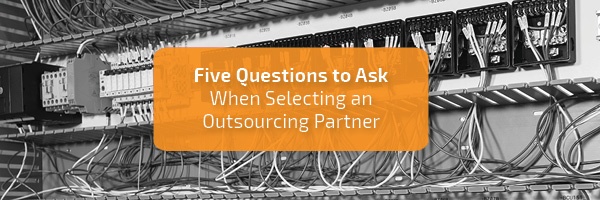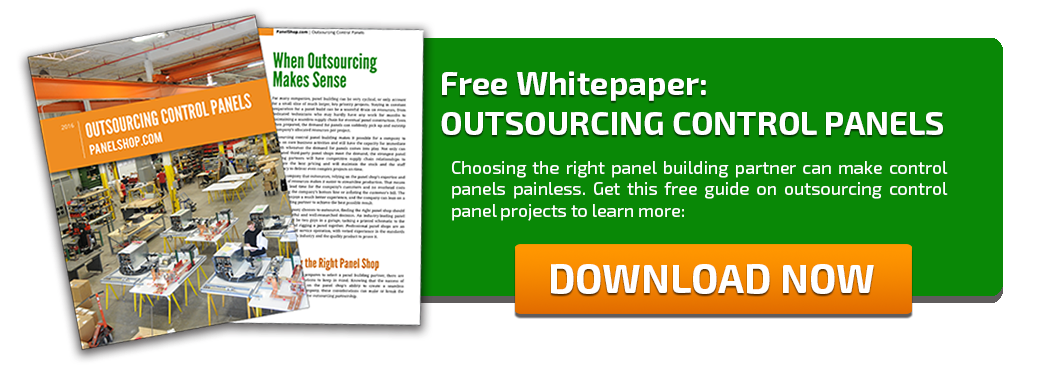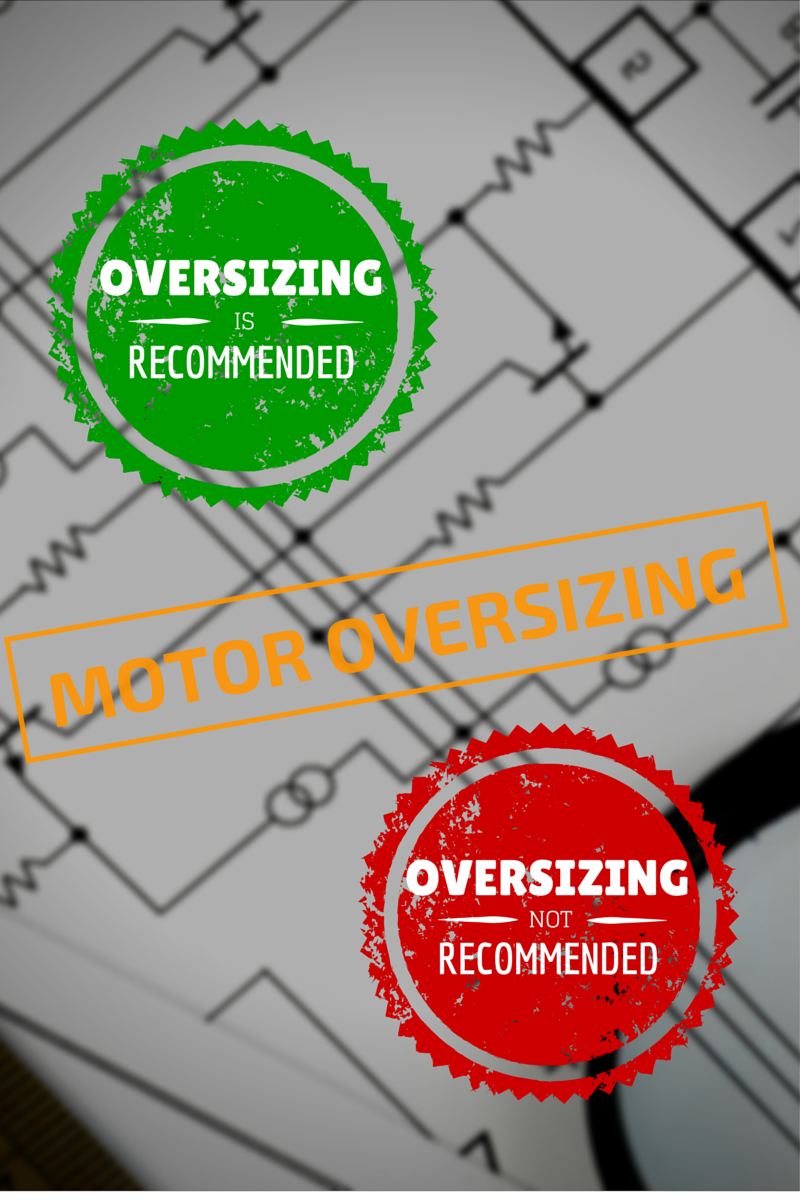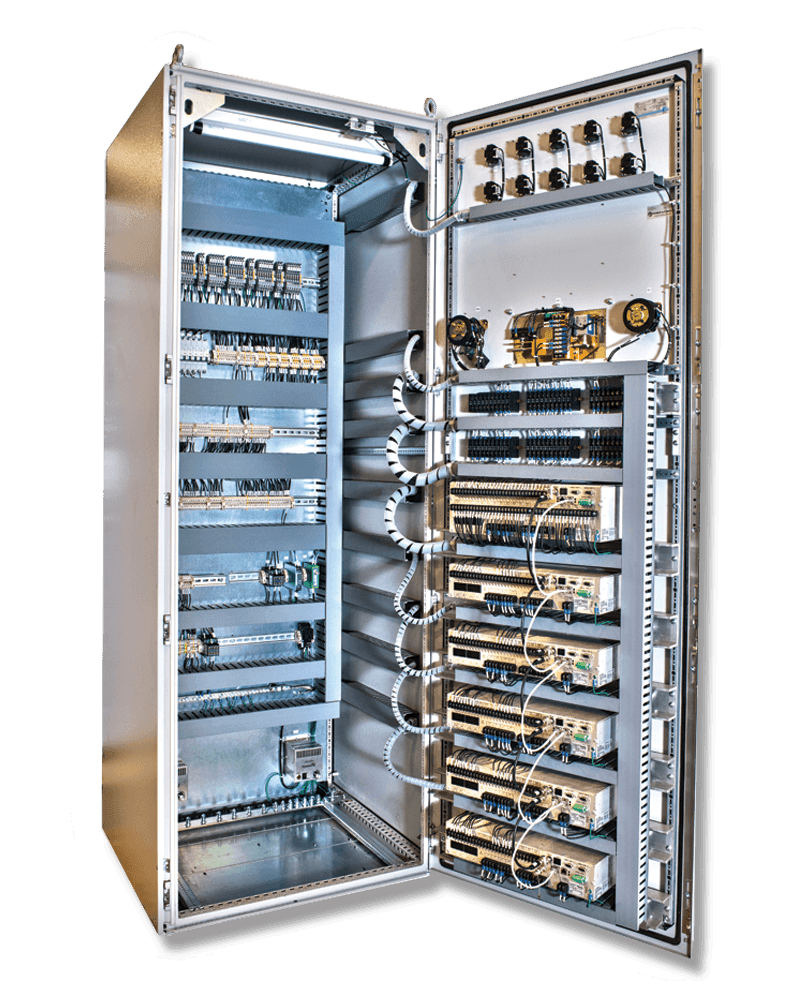
Outsourcing items not directly in your line of specialty can help ensure overall quality and reduce costs. But outsourcing is also the biggest possible vulnerability of an original equipment manufacturer (OEM). A single little item can hold up the whole large project if the outsourcing contractor defaults in timely delivery. And a single small outsourced item can ruin the project if it does not have the requisite quality. The smallest glitch in timing, or quality can irreparably damage the reputation of the most established OEM.
So, should we stop outsourcing? No; sometimes it is the wisest course. Outsourcing is necessary, but with due caution. The following are some important questions you must answer about your prospective outsourcing contractor.
Question 1: Does your prospective contract manufacturer open his or her books to you?
This means he or she should give you every detail of the costing for analysis. As the popular saying goes, “your outsourcing partner should become a seamless extension of your own business.” The most minute details of all elements entering into cost calculation of your order should be provided to you. The very fact of opening the books to you gives a measure of confidence. Of course, you will analyze the costing, including a reasonable margin for profit, and discuss with him or her where cost can be cut.
Question 2: Is the contract manufacturer’s plant as well-organized and flawless as your own?
An inspection of the contractor’s facility or facilities will give you invaluable information about what performance to expect from the products. A good management organization, quality-minded staff with a sense of responsibility, a good, smooth production layout, monitoring and record keeping, respect for schedules, all raise confidence. Lack of one or more of these elements should lead to a negative score.
Question 3: Does your potential outsourcing contractor have an active quality program?
Your prospective contractor must have a quality control set up. Not only should the quality program be present, it must be active, alive, and aggressive. A respectable quality certification like ISO 9001:2015 is an assurance that the plant will adhere to quality standards specified by you. In the quality context, it is necessary to verify that the prospective contractor does have the precision measurement equipment (PME) to support the specifications provided by you.
Question 4: Is the potential contract manufacturer in sound financial condition?
Does the contractor you are considering have the financial resources to be able to deliver your product in time, according to schedules of delivery, and with the requisite quality? Do not hesitate to ask them to provide evidence of sound financial position through bank references, UCC returns, reports by financial institutions like Dunn and Bradstreet. You are giving them business and relying on them, therefore you have the right to ask hard questions.
Question 5: Will the contract manufacturer protect your intellectual property?
The information you provide to your outsourcing contractor is your valuable intellectual property (IP)—you have a right to protect it. Disclosure of certain design information to competitors can be lethal to your own business. Can the outsourcing partner keep it safe? Can he guarantee the safety of this information against infringement, or unintended disclosure? You should insist on a non-disclosure agreement (NDA) in case sensitive information is involved.
In conclusion, outsourcing is a viable tool in today's manufacturing industry. However, the quality of the electrical control panel outsourcer ultimately leads to the quality of the overall product. When considering the previously mentioned questions, you can help to ensure that your company receives high-quality manufacturing to ensure a high-quality result.
Interested in learning more about quality products? Visit PanelShop.com, or speak to an expert.






